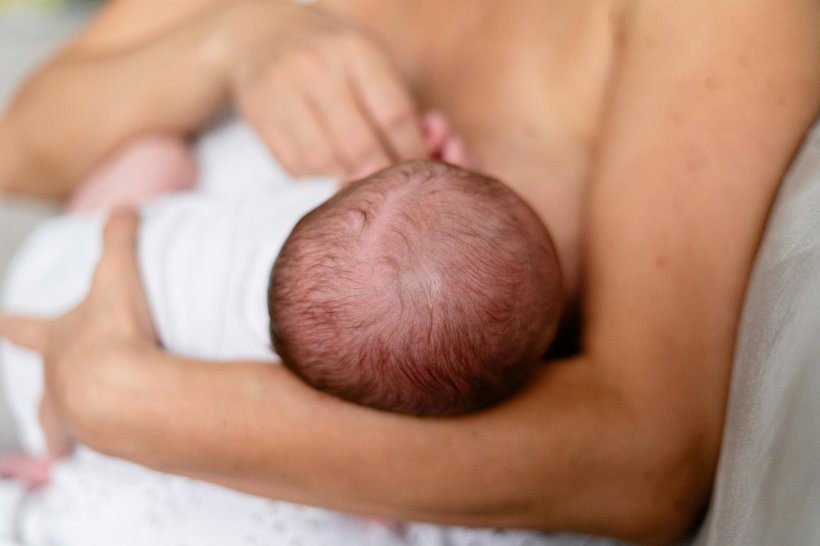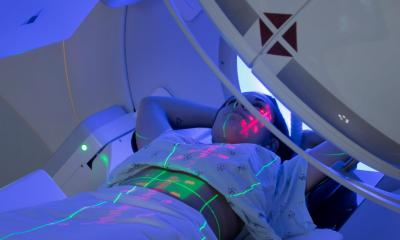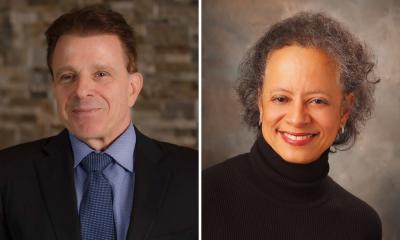
© Greta Fotografía – pexels.com
News • Research on BRCA recurrence
Breastfeeding after breast cancer treatment is safe, studies find
According to two international studies presented at the ESMO Congress 2024, women who breastfeed after receiving treatment for breast cancer, including those with a germline BRCA mutation (an inherited change in BRCA genes that significantly increases the risk of developing certain cancers, especially breast cancer), do not face an increased risk of recurrence or developing new breast cancers.
“Our study provides the first evidence on the safety of breastfeeding after breast cancer in young women carrying a germline BRCA mutation,” said Dr Eva Blondeaux, Oncologist, IRCCS Ospedale Policlinico San Martino, Genova, Italy, who presented one of the studies. “This indicates the possibility for these women to achieve a balance between the needs of the mother and those of the baby.”
Given the hormone-driven nature of breast cancer, there were previously concerns about pregnancy and breastfeeding after the disease, as both involve changes in hormone levels. This was particularly true for women with the BRCA mutation, who remain at high risk of developing a second breast cancer in the other breast. While recent studies showed that neither assisted reproduction treatments nor pregnancy are associated with increased risk of recurrence or new cases of breast cancers, including in women carrying a germline BRCA mutation, until now very little evidence was available on the feasibility and safety of breastfeeding in these women.
“I hope these new findings will improve the way we counsel these patients." said Blondeaux. The international study followed up nearly 5000 young women carrying a germline BRCA mutation who had survived breast cancer. Nearly one in four of the 474 women who subsequently gave birth breastfed their baby; just under half were unable to breastfeed because they had had both breasts removed to reduce their future cancer risk. After a median follow-up of seven years from giving birth there was no difference in the number of breast cancer recurrences or new breast cancers in women who breastfed their baby compared to those who did not breastfeed (adjusted subdistribution hazard ratio 1.08, 95% confidence interval 0.57-2.06, p=0.82). There was also no difference in disease-free survival or overall survival.
It’s time to start thinking of breast cancer survivors as women with all the rights, needs and possibilities of women that never had cancer
Fedro Alessandro Peccatori
A second new study that expands the investigation beyond BRCA, addressing women with hormone receptor-positive early breast cancer showed similar results, with no risks associated with breastfeeding. “These results are key for women who wish to become pregnant and breastfeed their baby after breast cancer,” said Dr Fedro Alessandro Peccatori, Director of the Fertility & Procreation Unit at the European Institute of Oncology IRCCS, Milan, Italy, a co-author of the study. “It’s time to start thinking of breast cancer survivors as women with all the rights, needs and possibilities of women that never had cancer,” he stressed. “Doctors were worried to give these women the chance of having a baby, but we have recently shown that this is safe in the short term. Now, with this new information we can debunk the myth that breastfeeding is neither possible nor safe for breast cancer survivors. They can have a normal pregnancy and relationship with their baby, including breastfeeding.”
The international POSITIVE study included 518 women who temporarily interrupted their breast cancer treatment to have a baby; 317 had at least one live birth and nearly two in three of them breastfed (62%). At two years from the first live birth the proportion of women with breast cancer recurrence or new breast cancer was similar in those who breastfed (3.6%) as in those that did not breastfeed (3.1%).
Commenting on the results, Dr Maria Alice Franzoi, medical oncologist and researcher at Gustave Roussy, Villejuif, France, not involved in the study, said: “There was previously a lack of high-quality data regarding the feasibility and safety of breastfeeding in young women who have been treated for breast cancer. Until now, women and healthcare providers lacked information on whether breastfeeding is feasible after breast cancer surgery, on the safety of pausing adjuvant treatments for breastfeeding and on the hormonal changes related to it” she explained.” However, she cautioned that follow-up of the studies should, ideally, continue for longer. “Data from these two studies will be extremely useful to guide our practical discussions with young women diagnosed with breast cancer,” Franzoi continued. “We should start thinking and discussing about survivorship care planning – including fertility preservation, pregnancy and breastfeeding for women who want to consider these options – at the time of diagnosis, so that they are prepared and empowered across the entire breast cancer journey for shared decision making,” she concluded.
Source: European Society for Medical Oncology
11.09.2024











